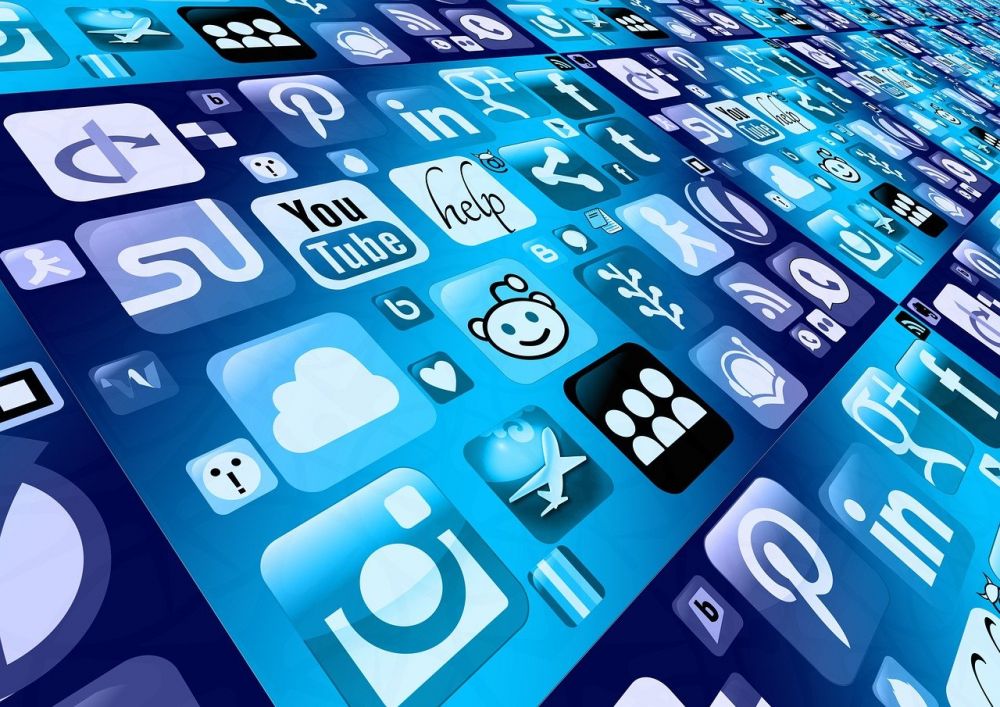Messenger Apps: Revolutionizing Communication in the Digital Age

Introduction:
In today’s interconnected world, the way we communicate has undergone a massive transformation. Gone are the days of relying solely on traditional calls and text messages. The advent of messenger apps has revolutionized communication, providing users with a seamless and efficient way to connect with others. In this comprehensive article, we will explore the world of messenger apps, covering their evolution, features, and benefits.
A Brief Overview:

Messenger apps, also known as instant messaging apps, are software applications that enable users to exchange text messages, audio, video, and images in real-time. These apps have gained immense popularity due to their convenience and versatility. Whether you’re looking to send a quick message to a friend or engage in a group conversation with colleagues, messenger apps have become an indispensable tool in our daily lives.
Evolution of Messenger Apps:
The concept of messenger apps traces its roots back to the early days of online chat rooms and instant messaging services. Services like AOL Instant Messenger and ICQ laid the foundation for the future development of these apps. However, it wasn’t until the emergence of smartphones and mobile internet that messenger apps truly took off.
In 2009, WhatsApp launched with a focus on simplicity and ease of use. This marked the beginning of the mobile messaging revolution. Shortly after, a wave of messenger apps flooded the market, offering unique features and functionalities that catered to different user preferences.
Key Milestones in Messenger App Development:
–
– The introduction of multimedia messaging, allowing users to send images, videos, and audio files.
– The integration of voice calls, enabling users to make free or low-cost calls over the internet.
– The rise of end-to-end encryption, ensuring secure and private conversations.
– The integration of bots and AI assistants, enhancing user experience and providing quick access to information and services.
Notable Messenger Apps and Their Features:
1. WhatsApp: As one of the pioneers in the industry, WhatsApp boasts a user-friendly interface and a robust set of features. It supports not only text-based messages but also voice and video calls. With its end-to-end encryption, users can have peace of mind knowing their conversations are secure.
2. Facebook Messenger: As an extension of the popular social media platform, Facebook Messenger offers a seamless experience for connecting with friends and family. In addition to text messaging and voice calls, it allows users to share photos, videos, and even play games within the app.
3. WeChat: Developed by Chinese tech giant Tencent, WeChat has become a dominant player in the Asian market. Along with standard messaging features, WeChat also offers unique functionalities such as mobile payments, mini-programs for instant access to services, and a social networking platform.
4. Telegram: Recognized for its strong focus on security and privacy, Telegram has gained a loyal following. With features like self-destructing messages, secret chats, and the ability to create large group chats, Telegram ensures users’ confidentiality while facilitating seamless communication.
Benefits of Using Messenger Apps:
1. Convenience: Messenger apps eliminate the hassle of traditional communication methods by providing instant and real-time messaging capabilities. Whether you’re across the globe or in the same room, you can easily connect with others with just a few taps on your smartphone.
2. Cost-effective: Most messenger apps leverage internet connectivity, eliminating the need for traditional SMS or long-distance calls. This translates into significant cost savings, especially for international conversations.
3. Rich Media Sharing: Unlike traditional texting, messenger apps allow users to share various multimedia files effortlessly. From sending vacation photos to sharing funny videos, messenger apps make communication more engaging and interactive.
4. Group Collaboration: Messenger apps excel in fostering collaboration among groups, whether it’s for work, school projects, or social gatherings. Users can create dedicated groups, share files, and have discussions in real-time, enhancing productivity and coordination.
5. Integration with Services: Many messenger apps now integrate with third-party services, providing users with quick access to a wide range of functionalities. From ordering food to booking a ride, users can accomplish various tasks without leaving the app.
Conclusion:
Messenger apps have transformed the way we communicate, offering a myriad of features and benefits. From their humble beginnings to the present day, these apps have continued to evolve, catering to the changing needs and preferences of users. With their convenience, cost-effectiveness, and rich media capabilities, it’s no wonder they have become an essential part of our digital lives. As technology continues to advance, we can expect messenger apps to push boundaries further, creating new and exciting ways for people to connect and communicate.

















